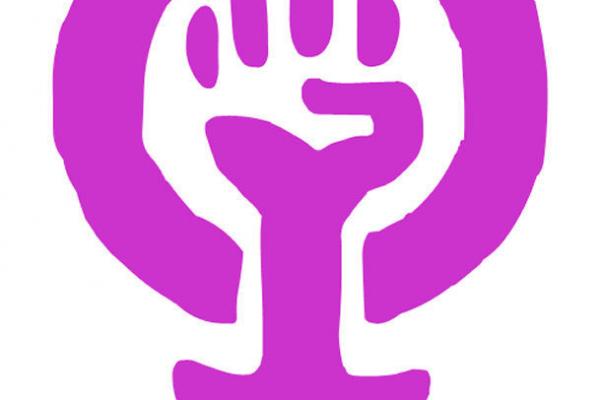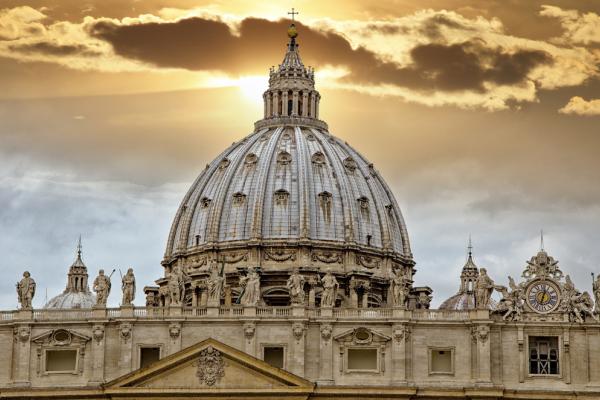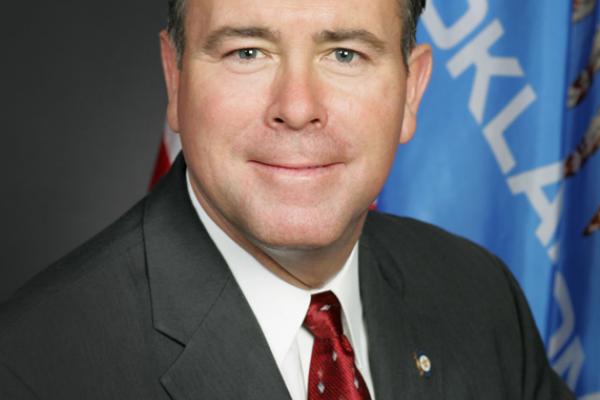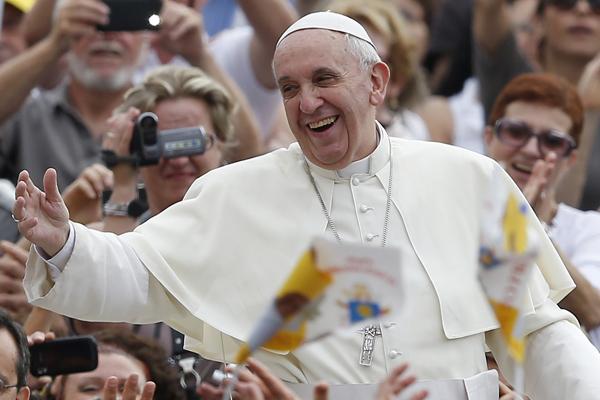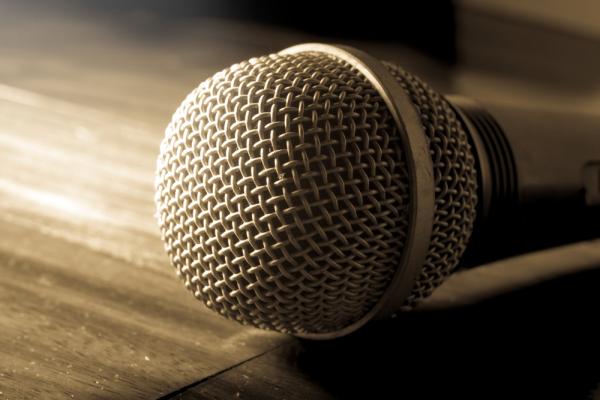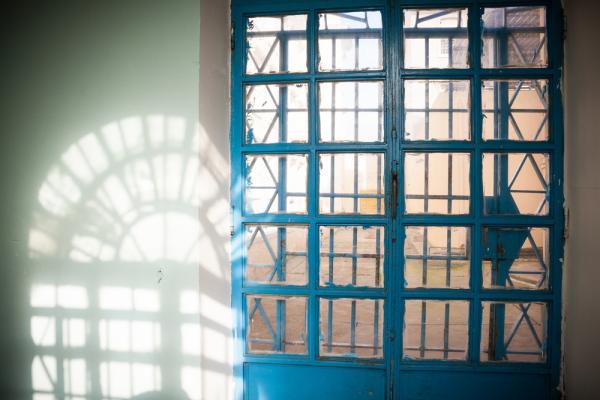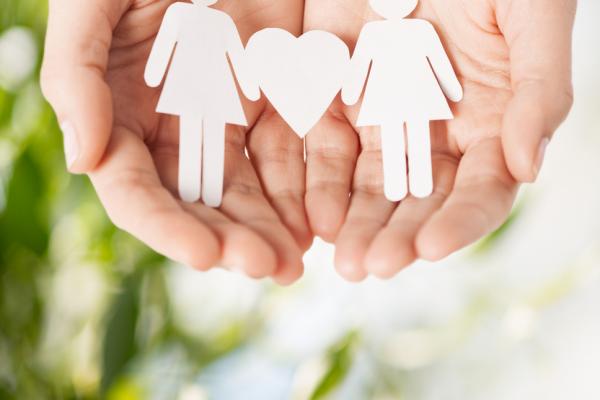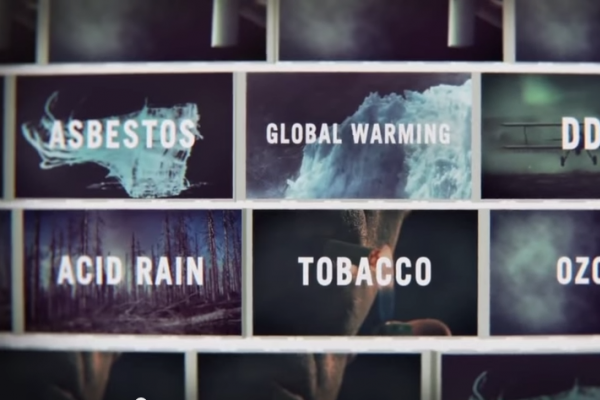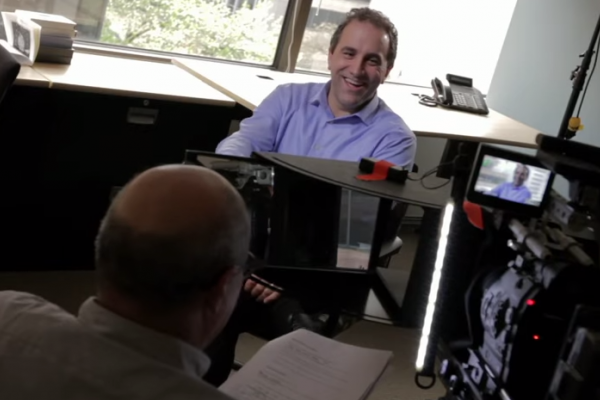“Mom,” I asked, “why didn’t the ERA pass?”
It was 1982 and I was 13 years old — an age with sharp awareness of what is fair, but with no understanding of the forces aligned to thwart history’s progress. I was unaware of the storm swirling around the Equal Rights Amendment. I was only aware of my mother’s belief that it should pass.
I wasn’t an evangelical, yet – or even a churchgoer. I was simply a girl standing at the precipice of womanhood in a household led by a strong woman who cranked up the car radio whenever Helen Reddy’s “I Am Woman” or Gloria Gaynor’s “I Will Survive” piped through station-wagon speakers.
We are woman! We are strong! We are invincible. We are survivors and we roar!
So, I had no idea that Phyllis Schlafly (a conservative Catholic) and a broad contingent of evangelicals were actively campaigning against the simple amendment that required ratification that year.
The ERA was intentionally simple. Like the 19th Amendment, the heart of the amendment was one sentence long: “Equality of rights under the law shall not be denied, abridged by the United States or by any state on account of sex.”
Seemed simple enough. It was fair. Anything less would be unfair. So how could anyone stand against it?
Following complaints, the Vatican’s cultural office has removed an image of a naked female torso bound in ropes that was used to advertise a women’s conference.
The Pontifical Council for Culture had chosen a photograph of the 1936 “Venus Restored” sculpture, by the late American artist Man Ray, as befitting for its Feb. 4-7 conference titled “Women’s Cultures: Equality and Difference.”
But the choice of a sculpture bound in ropes to discuss women’s emancipation was deemed inappropriate in some quarters. The Pontifical Council’s president, Italian Cardinal Gianfranco Ravasi, initially defended the choice. Ravasi was seen as a contender going into the conclave that elected Pope Francis two years ago.
“Cardinal Ravasi has chosen not to remove the image as it speaks clearly for one of the central points of the document: many women, alas, are still struggling for freedom (bound with rope), their voices and intellect often unheard (headless), their actions unappreciated (limbless),” according to a statement that appeared alongside the controversial image.
In an effort to block the state’s involvement with gay marriage, the Oklahoma House of Representatives passed a bill March 10 to abolish marriage licenses in the state.
The legislation, authored by Rep. Todd Russ, R-Cordell, amends language in the state law that governs the responsibilities of court clerks. All references to marriage licenses were removed.
Russ said the intent of the bill is to protect court clerks caught between the federal and state governments. A federal appeals court overturned Oklahoma’s ban on same-sex marriage last year. Russ, like many Republican legislators in the state, including Gov. Mary Fallin, believes the federal government overstepped its constitutional authority on this issue.
Acknowledging that his bill is partially in response to the federal court ruling, Russ told ABC News affiliate KSWO that the federal government lacks the power to “force its new definitions of what they believe on independent states.”
The “Pope of the Interview” strikes again: Pope Francis has given a lengthy — and fascinating — interview to a Mexican television station, which broadcast it on March 13 to mark the second anniversary of his election.
Speaking to the program “Noticieros Televisa,” Francis displays his usual candor, dishing details about the secret conclave that elected him, talking about how he senses his papacy will be short, how the church must get tough on sexual abuse, and how all he really wants “is to go out one day, without being recognized, and go to a pizzeria for a pizza.”
Here are some of the highlights based on Vatican Radio’s English translation and the original Spanish:
On whether he likes being pope:
“I do not mind!”
1. SAE, White Thugs, and American Traditions
"I am neither angry nor surprised by these white extremists getting caught doing what white extremists do. This is American tradition. These are the words embedded in the psyches of these white fraternity brothers before they can even speak."
2. This Is What A Little Over A Year Of Religious Women Breaking Down Barriers Looks Like
In honor of Women’s History Month, check out who made this list of top religious women upholding full gender equality.
“The global response must be multifaceted. Still, as the international anti-ISIS coalition led by the United States considers nonmilitary options to “degrade and ultimately destroy” ISIS, it should focus on empowering local civil society in Syria and Iraq with targeted resources, technologies, and knowledge to build resilience and deny ISIS the moral and material support it needs to wield effective control.”
4. The Conservative Obsession with Moral Values Doesn’t Explain the Plight of the Working Poor
“Research on both sides of the aisle has confirmed a quiet crisis in American life: over the last few decades, the social fabric of the poor and working class has come apart at the seams. ...A vocal cadre of conservatives have cohered around a theory of what happened: the post-1960s turn away from traditional moral values. But like any theory, it must fit the available data and it must be internally consistent. This one fails on both counts.”
“These things have been silenced: the tremendous spiritual power of sexuality, menstruation, breastfeeding, and birth; the shame-map of internalized emotional violence that holds these powers in check; the capacity — and obligation — of Gospel love to dissolve the boundaries of gender. ...To tell these things has been imund, forbidden. If you tell these things, you may be held responsible for all the feelings of all the people who are shaken in their boots by what you say.”
6. Becoming Jihadi John: How Did Mohammed Emwazi Go from Mild Youth to Islamic State Executioner?
Politico magazine traces the roots of the British man’s transformation to ISIS executioner, examining the difference between ideology-based and poverty-driven extremism.
7. Nicaragua's Renewable Energy Revolution Picks Up Steam
“Renewables now generate nearly half of Nicaragua's electricity, a figure that government officials predict could rise to 80 percent within a few years. That compares to just 13 percent in the United States.”
Twenty-one aid organizations released a report this week detailing the increasing violence, impoverishment, and despair of the Syrian people. It cites, “Huge increases in the number of people in need of humanitarian aid inside Syria; 1.33 million more children are in need and there has been a 31 percent increase among the population as a whole.”
9. Disturbing Fast Food Truth Not Exactly A Game-Changer For Impoverished Single Mom Of 3
The Onion’s satire nails the complicated tensions of food and poverty in the U.S.
10. WATCH: Mean Tweets: Obama Edition
President Obama joined in on a Jimmy Kimmel classic bit on Thursday, reading aloud a handful of “mean tweets” aimed at him.
As a preacher and pastor, I have had the privilege of speaking to people from a wide variety of demographics. Especially since I am a woman of color, these opportunities have made me acutely aware of how the silencing of women’s voices — whether imposed upon or by our own choice — has so severely hindered the imagination of men and women in our society.
Time and time again, I’ve heard from young women that I am the first Asian female preacher they’ve ever heard and/or seen. And this absence has a cost. In the stark absence of a woman’s regular presence in the pulpit across the landscape of church life and formation, we are allowing our young women (and men) to walk through this world with veiled eyes and muted ears, incapable of seeing and imagining possibilities for themselves and others.
While we may acknowledge that men and women are equal, I believe there is power in who speaks.
That is also us, the possibility of us, if the wonderful accident of our birth had taken place elsewhere: you could be the refugee, I could be the torturer. To face that truth is also our burden. After all, each of us has been the bystander, the reasonable person who just happens not to hear, not to speak, not to see those people, the invisible ones, those who live on the other side of the border. - Karen Connelly, The Lizard Cage
It was a little over two weeks ago that Marlo entered Atwood Hall here in Lexington federal prison. Nearly all the women here are nonviolent offenders. When I first saw Marlo, her eyes seemed glued to the tiled floors as she shuffled along hallways. I guessed her age to be 25 or so. A few days later, she came to a choir rehearsal. She was still shy, but she looked up and offered a quiet smile when she joined the soprano section. The next time our choir gathered, Marlo raised her hand before we ended our rehearsal. "I got something to say," she said, as she stood. "When I first came here, I can tell all of you now, I was terrified. Just plain terrified. I have 70 months, and I felt so scared." The intake process for this, her introduction to the prison system, had badly frightened her, but before sundown that same day, a second intake process had occurred, with several inmates finding her, reassuring her, and getting her beyond that first panic.
During my four stints in U.S. federal prisons, I've witnessed long-term inmates' unconquerably humane response when a newcomer arrives. An unscripted choreography occurs, and the new prisoner finds that other women will help her through the trauma of adjustment to being locked up for many months or years. Halfway through a 3-month sentence myself, I'm saddened to realize that I'll very likely adapt to an outside world for which these women, and prisoners throughout the U.S. prison system, are often completely invisible.
She was one of the best students I’ve ever had in a youth group. She’s funny, smart, friendly, warm, and likeable. She exerted a quiet sense of confident leadership among her peers and she’s serious about following Jesus. She’s everything that a pastor would want in a member of a youth group.
And I’ll never forget the day she told our youth group that she’s a lesbian.
My God I love that girl.
And so did our youth group. Girls and boys listened attentively as she described her experience of “coming out” to her parents, siblings, friends, and now her youth group. Like so many other young women and men, her deeply personal experience was full of joy and pain.
“Thank you. That took a lot of courage," one girl said as she held back tears of inspiration.
“When did you know?” Another girl asked.
“Who did you come out to first?” Another asked.
It was a profound moment of vulnerability and acceptance. I was very proud of her and of the youth group.
“This,” I thought, “is what church is all about.”
That was years ago. Unfortunately, it still takes a lot of courage to come out of the closet. As elated as I was about that experience, today I read an article that made me continue to worry about LGBTQ kids in other churches. It’s titled, “Dear Rob Bell: The Church Isn’t Giving an Inch on Gay Marriage.”
Once again I begin to dread the message that awaits so many Christian kids who desperately want to come out of the closet but can’t for fear of being ostracized by their church.
In one scene in the new documentary Merchants of Doubt, Michael Shermer, the publisher of Skeptic magazine, explains what he thinks is the underlying factor behind climate change skepticism.
“It isn’t about the science,” Shermer, a libertarian and former skeptic who came around on the issue in 2006, tells director Robert Kenner.
“It’s about me being a consistent team member; showing the members of my tribe that you can count on me.”
Tribalism is an important part of the equation. But Kenner, whose previous film was the well-regarded Food, Inc., believes corporate spin is just as much to blame.
Merchants of Doubt aims to show viewers how the same PR tactics that kept the tobacco industry thriving for decades are now being used to encourage climate change skepticism and denial. While the film does important work in helping audiences understand how paid representatives spread misinformation, it doesn’t do enough to address the tribalism that may keep the film’s most necessary audiences from seeing it.
READ Sojourners' interview with Merchants of Doubt Director Robert Kenner here.
To his credit, Kenner does an excellent job at making the subject matter appealing. He uses the framework of close-up magic as a metaphor for the way PR representatives work to cover up industry-damaging facts, first for tobacco, and then for coal, oil, and other clients. He interviews journalists, scientists, and lobbyists whose stories are at once fascinating and infuriating. There are even some sources, like conservative former South Carolina Rep. Bob Inglis, who manage to help the film build bridges with audiences whose tribal identity might require them to skew towards climate skepticism.
Robert Kenner is the director of the new corporate spin documentary Merchants of Doubt, now in theaters. The film explores how representatives of large industries create doubt on contentious issues like climate change by presenting themselves to the media as independent researchers. Kenner’s previous film, Food Inc., examined similarly sticky issues of truth and transparency in the food industry. Sojourners sat down with Robert Kenner after Doubt's Washington, D.C., premiere to discuss the nature of doubt and the rise of corporate involvement in media narrative-making.
This interview has been edited for length and clarity.
Abby: Why did you want to use the tobacco industry to introduce audiences to the world of corporate spin? And why go from there to climate change?
Kenner: I see this as a film about this class of doubters, how there are these very talented people who are very successful at what they do. We just had a screening at the Columbia Journalism School, and someone there said that for every journalist, there’s 4.5 PR reps.
There used to be more journalists than PR reps — and some of these reps are now being paid by the people they used to investigate. So in effect, we’re looking at multiple industries. We could have spent as much time on pharmaceuticals or the food industry.
I was also certainly interested in the notion of how you can have these things like tobacco, like certain pharmaceutical issues, or like climate, where the science is clear yet the doubt persists. How do you maintain doubt when the science is clear that it’s about something else? What are the factors? And it turns out there multiple, of which money is one of the biggest.
Part of it is tribal, but that was true with gay rights, too, and all of a sudden six years later things have changed. I’m feeling kind of optimistic that it can change around the issue of climate from that perspective.
But the thing that interested me most was how media could represent issues as if they were debates when they weren’t debates.
READ Sojourners' review of Merchants of Doubt here.
